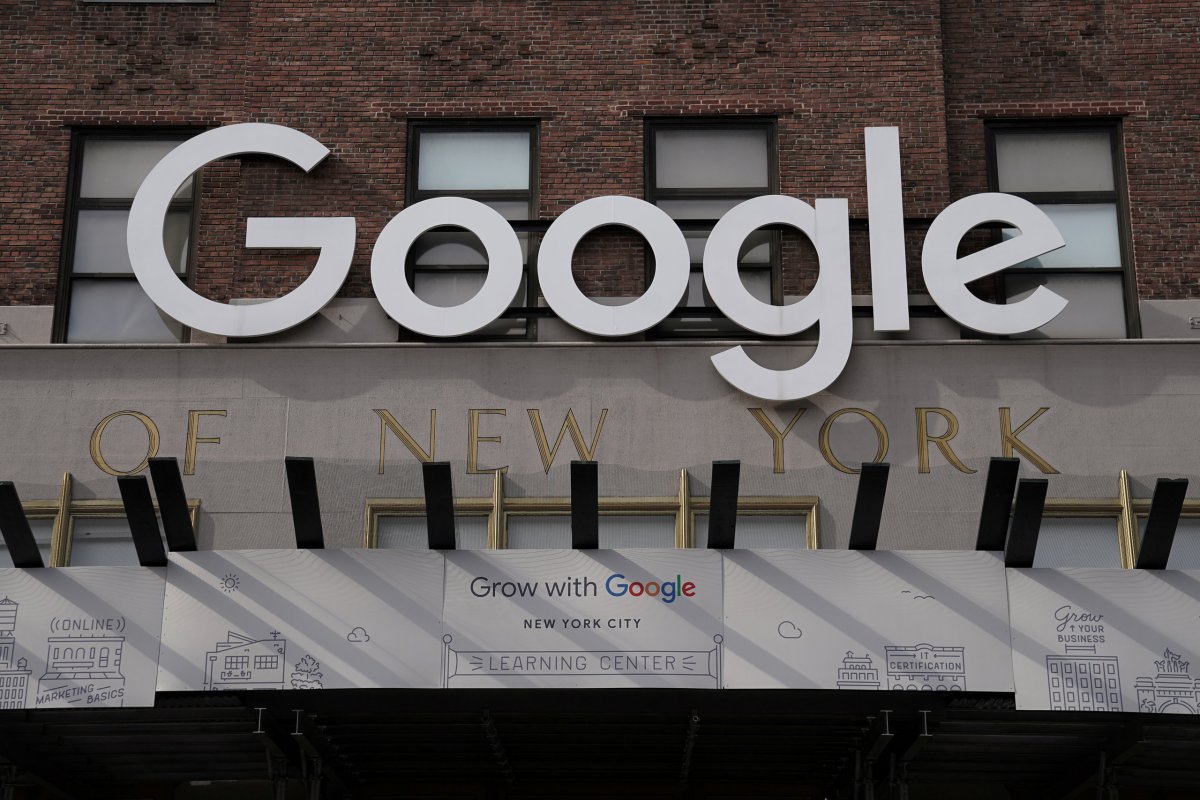While the federal government begins to take legal action against Google, one northwest Queens lawmaker has also begun taking aim at the big tech giants.
The 21st Century Antitrust Act, which is currently in committee in the State Senate after being introduced by Senator Michael Gianaris, aims to make it easier for the state to sue big tech companies for engaging in monopolistic practices.
Tech industry boosters warn that the bill will scare away tech companies during a time when they’ll be needed for New York’s economic recovery post-pandemic. But supporters of the bill argue that it would fill a gap in the enforcement of antitrust laws, protect consumers in the state and make way for smaller tech companies to grow and compete.
“It will encourage more start ups and more investment, and remove the fear that currently exists in the tech sector,” said Shaoul Sussman, a legal fellow at the Institute for Local Self-Reliance. “We want to see the next Amazon, Google, Steve Jobs, and the only way to do that is to allow those companies to compete with the big guys.”
If passed, the bill, which was first introduced in the state Senate in July, would give New York more latitude to sue tech companies for anti-competitive practices, either through class action lawsuits or through lawsuits brought on by the state’s attorney general. Though enforcement of antitrust laws has historically been a job for the federal government, supporters of the bill say federal enforcement has been lagging behind.
“For the last four decades, we basically saw an erosion of federal enforcement of the federal antitrust law,” Sussman said. “This is a way to fill in that void by reestablishing more vigorous antitrust laws while we wait for the federal government to act.”
However, the federal government took a massive step toward enforcing antitrust laws on Tuesday, Oct. 20, when the U.S. Department of Justice filed a lawsuit against Google, claiming the company operates as an illegal monopoly.
Deep in her own investigation into Google, New York State Attorney General Letitia James – a supporter of the 21st Century Antitrust Act – said that while she still sees New York playing the role of an antitrust enforcement, she’s open to joining the DOJ in their investigation.
“We plan to conclude parts of our investigation of Google in the coming weeks,” James said. “If we decide to file a complaint, we would file a motion to consolidate our case with the DOJ’s.”
While the bill’s underlying principles have national implications, its opponents argue its consequences will hurt most at home, where the tech sector remains one of the city’s strongest industries in the wake of COVID-19.
“We want to do everything we can to remain attractive to tech companies, large and small, to open their doors here and grow here, and we don’t think this bill right now is the way to do that,” said Ryan Naples, the deputy director to Tech:NYC. “This will scare businesses away.”
With over 800 venture capital deals, New York City-based tech companies garnered the second-most deals in the country in 2019, according to a report from PricewaterhouseCoopers. Only tech companies in California received a greater number of investments.
Additionally, big tech companies including Amazon, Apple, Facebook and Google, currently employ 22,000 people in the city, according to Tech:NYC.
“Right now the tech industry is really the only industry that’s investing long term in New York,” Naples said, citing Amazon’s recent purchase of the Lord & Taylor building on Fifth Avenue in Manhattan.
“We do believe there should be a robust conversation about antitrust practices and the real implications in New York and to New York consumers, but now is really not the time for that,” Naples said.
The bill’s supporters maintain that the 21st Century Antitrust Act and its eventual enforcement won’t scare away businesses. In fact, they believe it will do the opposite.
Alissa Orlando, the co-founder of a New York City-based rideshare platform attempting to compete with Uber, said she won’t leave the city because it’s home to a large talent pool and a high volume of opportunities for finding investors.
“New York is a big enough market that regulation alone won’t scare people off,” Orlando said.




































